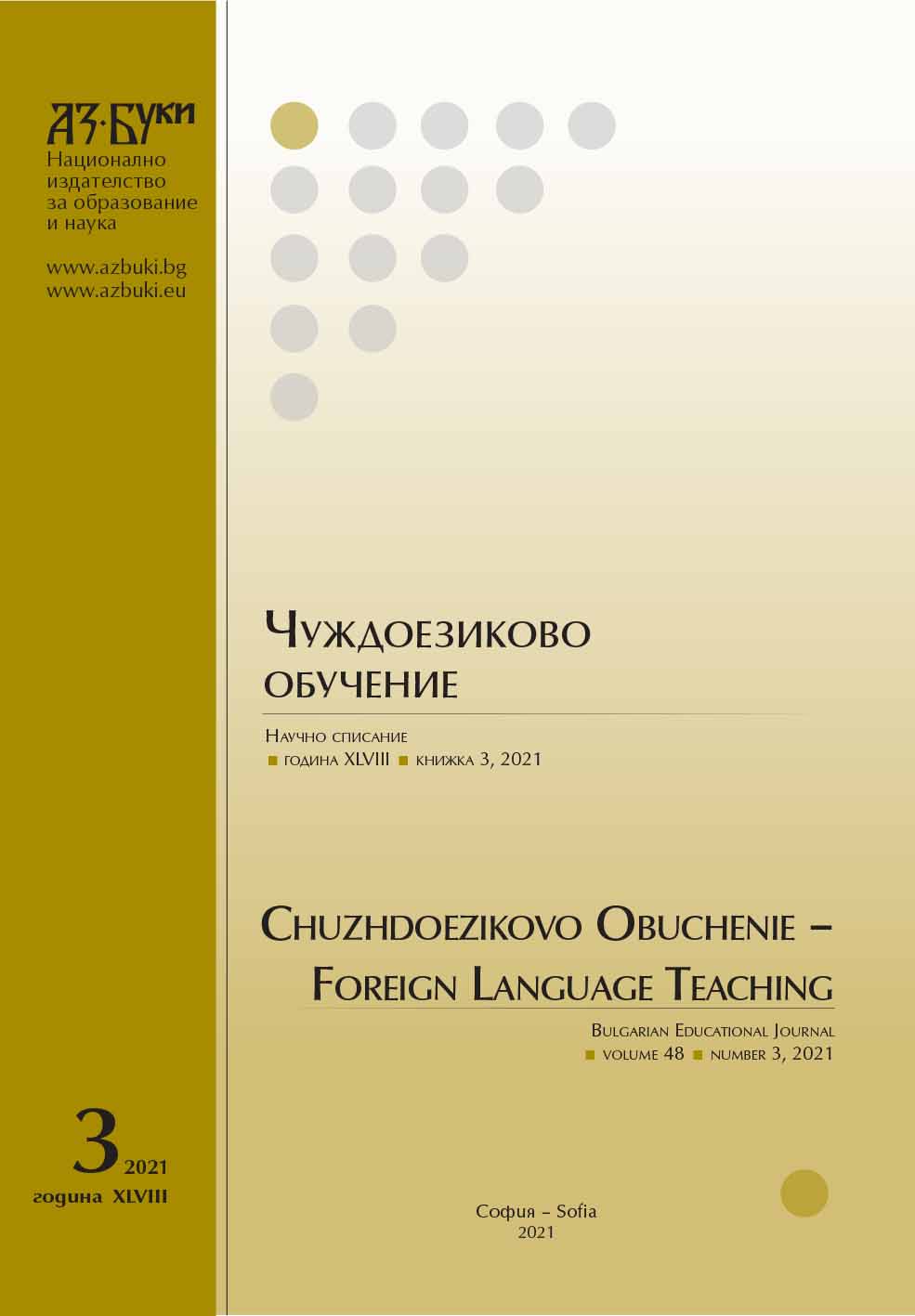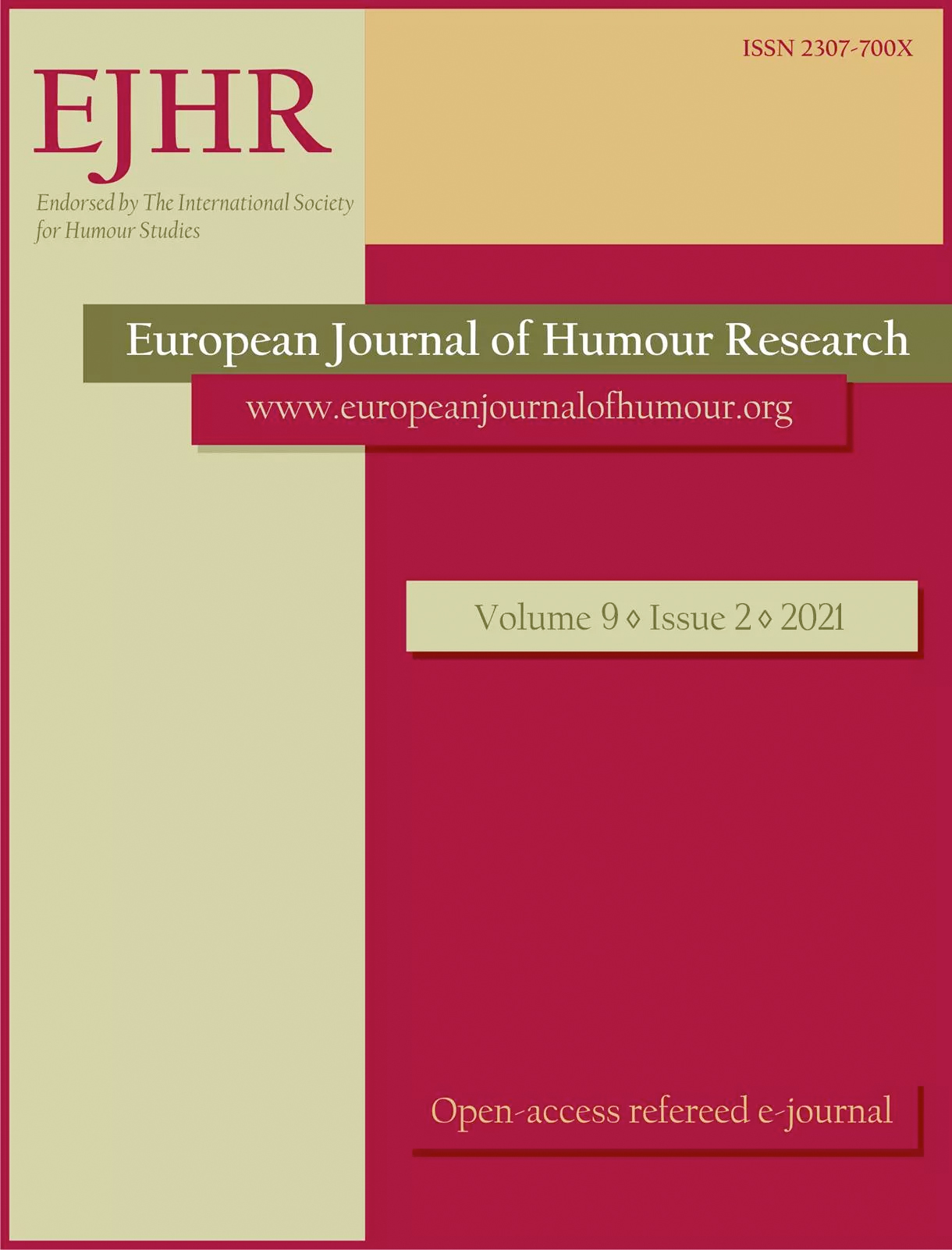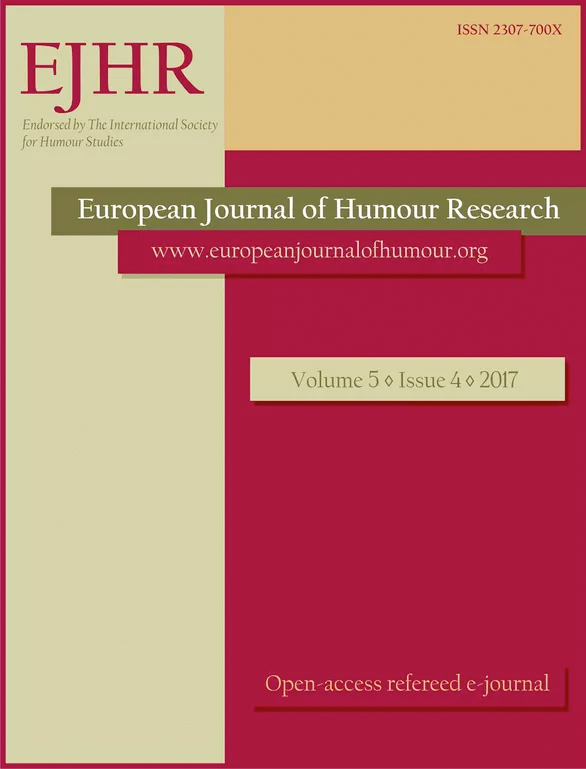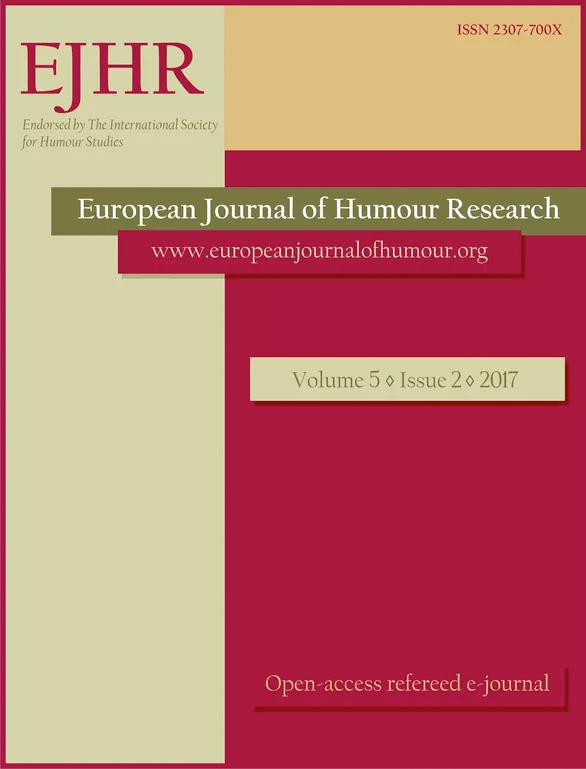Author(s): Denis Shunenkov,Victoria Vorontsova,Alyona Ivanova / Language(s): English
Issue: 2/2021
Gelotophobia, or the fear of being laughed at, has been described as an inability to enjoy humour and laughter in social interaction. A number of studies have shown its increased levels under various mental disorders. Gelotophobia in psychiatric patients may appear either as a primary syndrome, or as a secondary disorder connected to the patient’s reaction to their social position (self-stigmatisation). In turn, self-stigmatisation is closely related to the personality of the patient and, in particular, to their attitudes to illness. Since the fear of being laughed at has been studied within both the clinical concept and the continual model of individual differences, the question of differentiation between normal and pathological fear of being laughed at is topical, while borderline groups are of particular interest. The aim of the present study was to examine the relationship between gelotophobia, attitudes to illness, and self-stigmatisation in patients with minor, non-psychotic mental disorders, as well as those with brain injuries, who also had mild mental disorders, without having the status of psychiatric patients. The sample consisted of 73 patients with non-psychotic mental disorders, and 30 patients with brain injuries. The methods used included PhoPhiKat-30, ISMI-9 (Internalized Stigma of Mental Illness Inventory), and TOBOL (Types of the Attitudes to Disease). The results revealed at least a slight level of gelotophobia in 31% patients with non-psychotic mental disorders, and 20% in those with brain injuries. Gelotophobia correlated with certain types of attitude to illness in each group. Subjects displaying high levels of gelotophobia were in general characterised by disadvantageous attitudes to illness. In the group of psychiatric patients, gelotophobia was associated with self-stigmatisation, whereas in the group of neurological patients it was not. Thus, in this study gelotophobia was examined for the first time in patients with non-psychotic mental disorders, as well as in those with brain injuries. Differentmechanisms of gelotophobia development were suggested for the two groups.
More...




